We talk often about the culture of lifelong learning that exists at Proctor; faculty designing new courses based on their passions, engaging in professional development workshops and graduate courses to further explore their disciplines. This growth mindset permeates the student culture as students witness adults take the same academic risks and willingly embrace vulnerability necessary to deep learning. Our rapid shift to remote learning this spring has amplified our collective need to embrace an openness to failure and willingness to iterate.
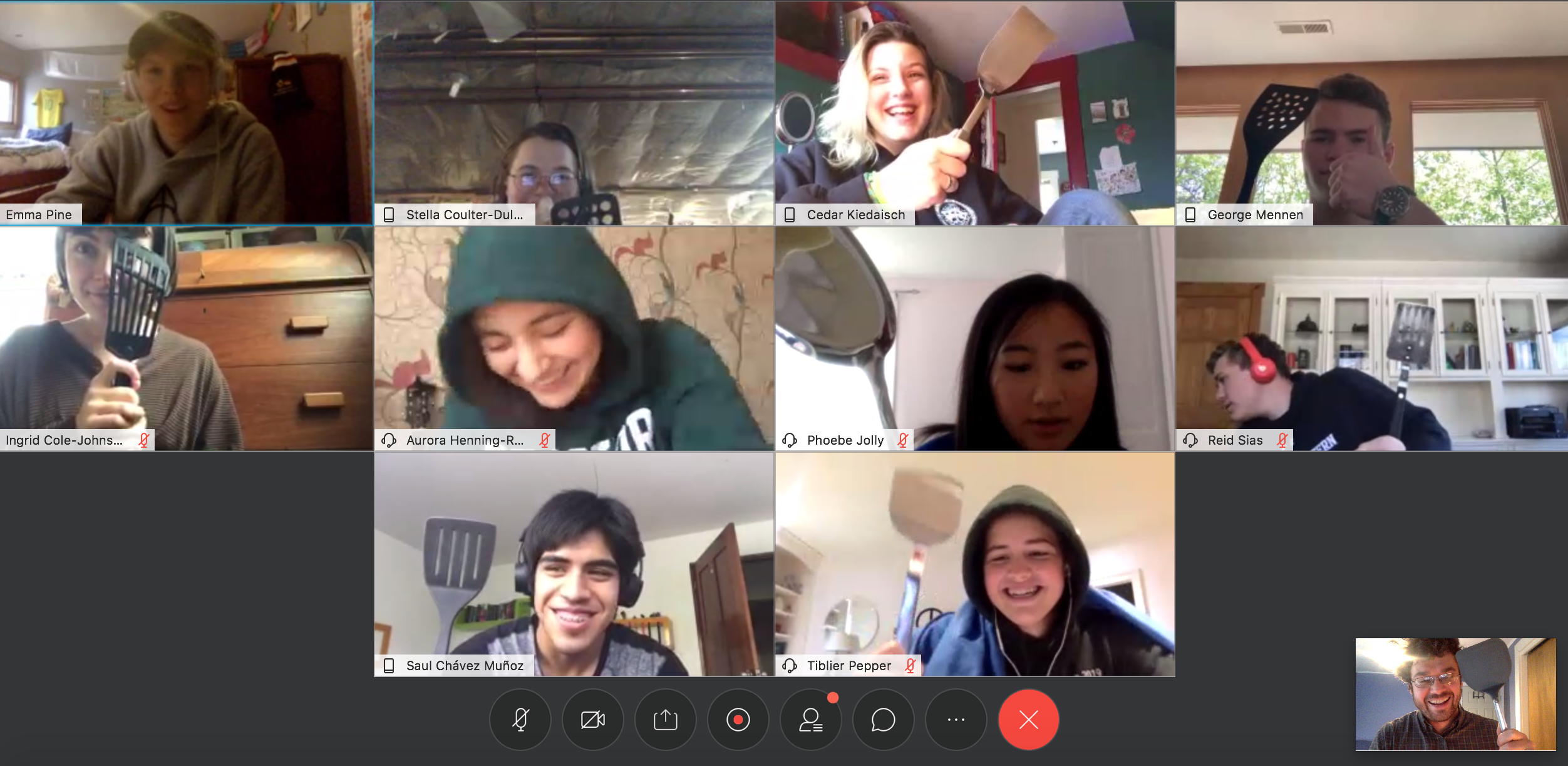
The motto of our teaching faculty this spring has been to fail fast, and to fail often. A license to experiment, fail, iterate, experiment again allows teachers to step into the relative unknown of online classes with confidence. After spending decades fine-tuning a craft, our faculty have been asked to pivot on a dime. We are all first year teachers in this new landscape, and while this may feel intimidating, it has been equally liberating and has inspired incredible collaboration among our faculty, newfound creativity, and a critical rethinking of how and why we teach the way we teach that will most certainly impact Proctor’s educational model post-COVID-19.
Read more thoughts from our teachers on their own journeys transitioning to online teaching this spring:
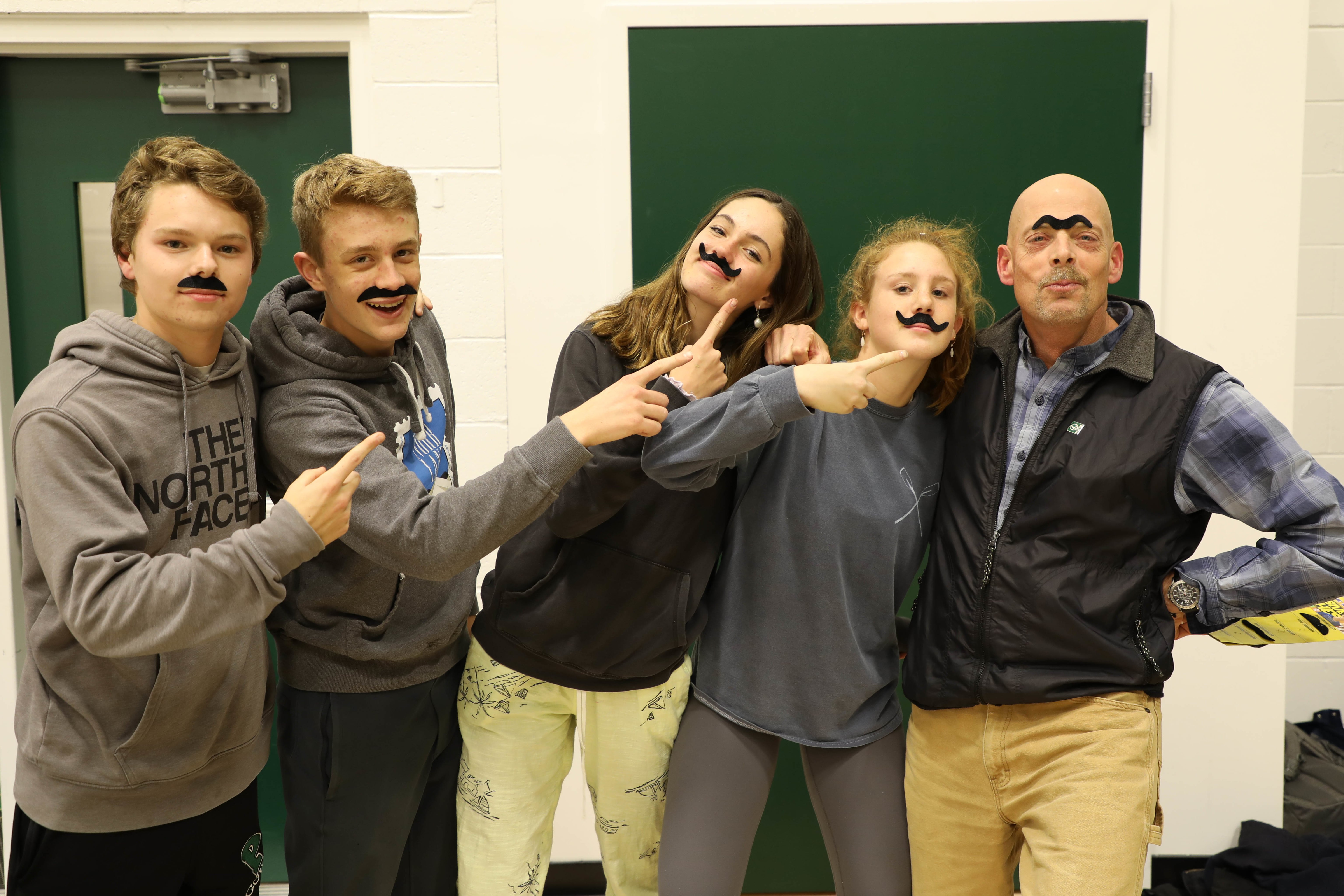
Peter Southworth - English Department
I'm more aware of the time I'm talking (explaining, reviewing, introducing new ideas, etc.) with student's attention spans in mind, which has been a powerful evolution for me in my teaching. I'm more conscious and committed to implementing activities and exercises that encourage student application now that we are online. I am prioritizing my student's social connection and I feel the need for all my online students to share something at the start of or during class - something silly, a glimpse into their lives, or a reaction to our classwork.
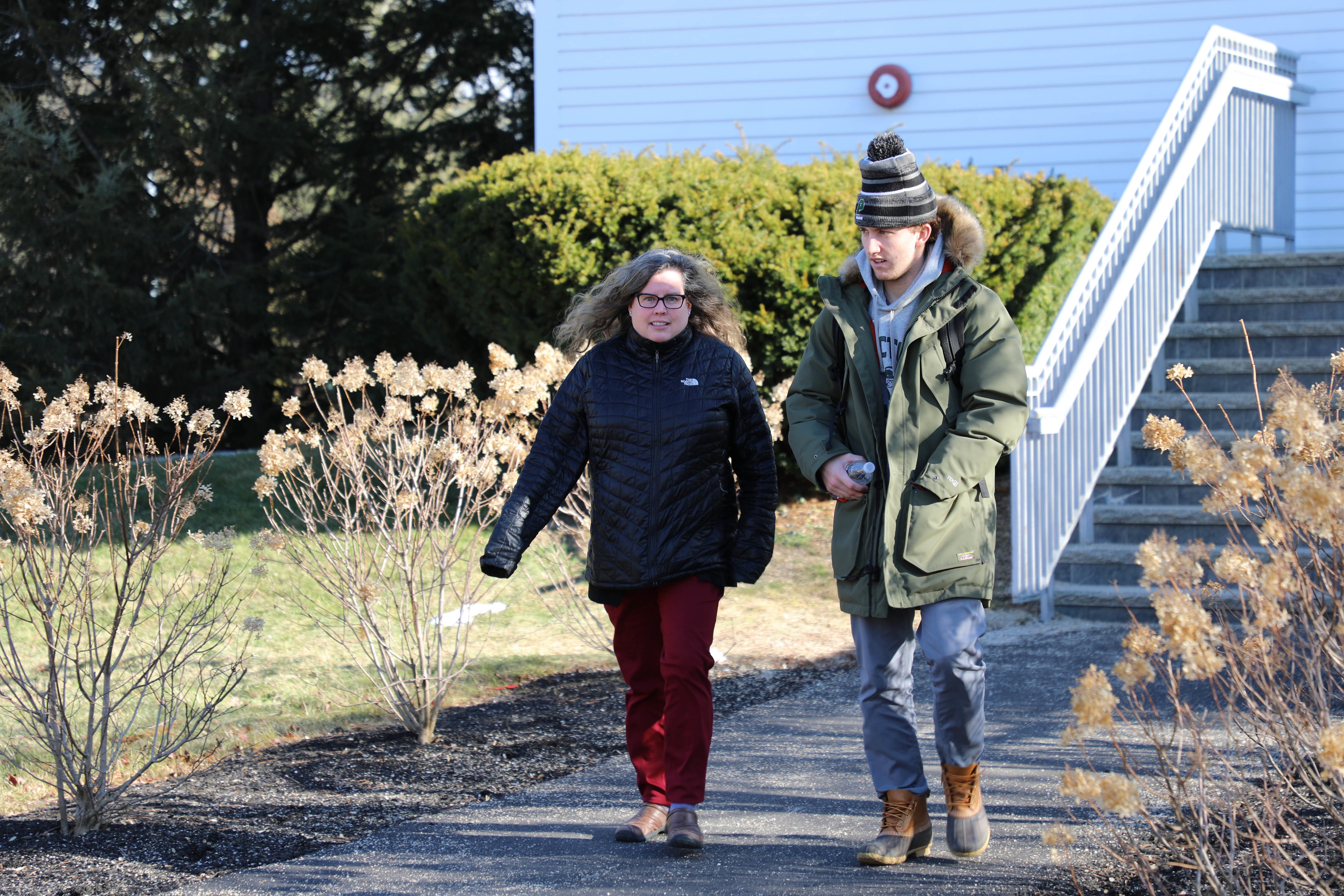
Annie Mackenzie - Learning Skills
This is all new, so I am learning a ton. Specifically, I am learning how to share screens and help someone walk through a math problem while we are both doing it independently (together). As a teacher, I am learning how important it is to focus on the nuances of what kids are saying. Each one of them is navigating all of this from such different places in such different ways. An unfinished homework assignment may not be as black and white as it seems, and we must understand and appreciate these nuances as we work with our students.
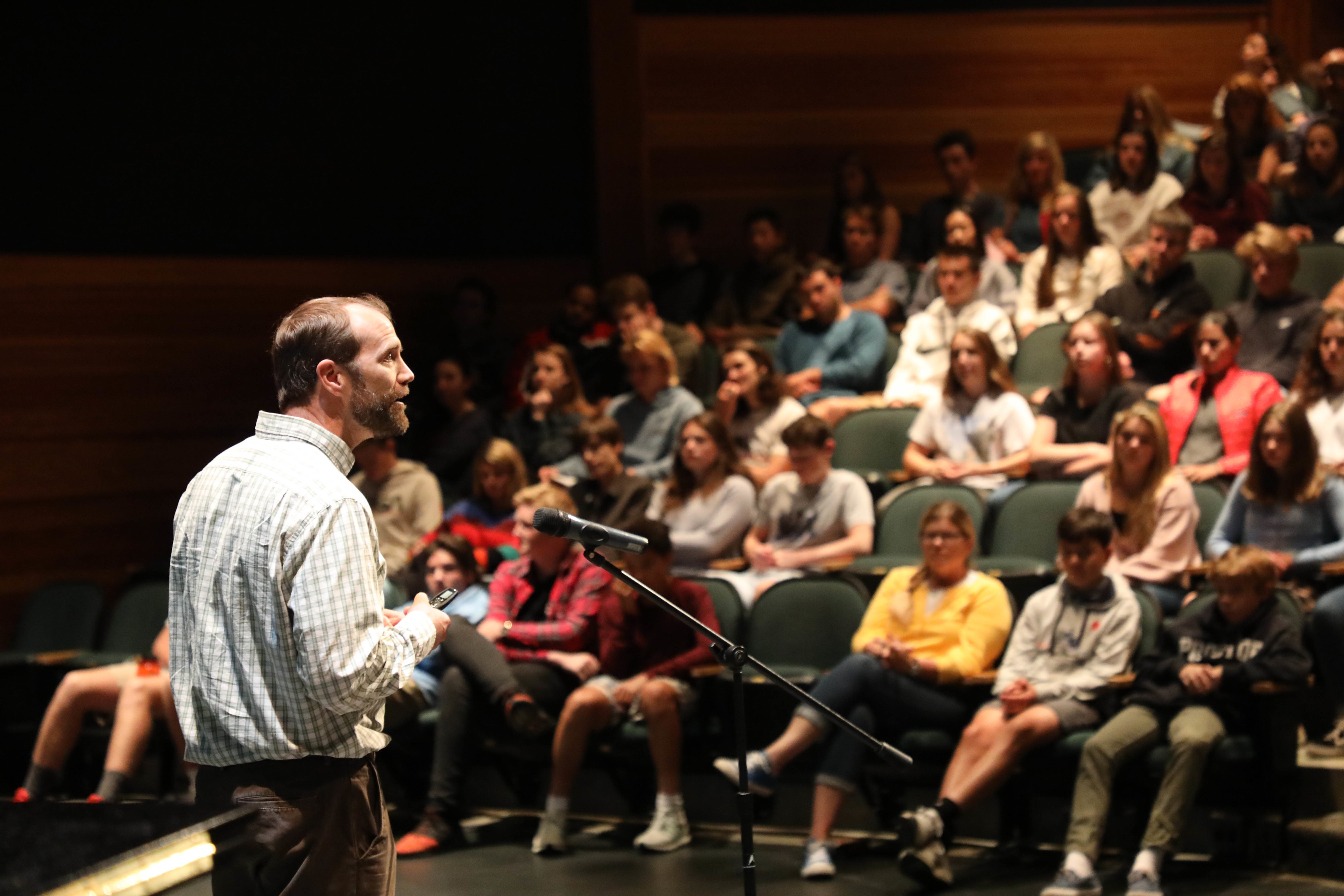
Tom Morgan - English Department
The experience of abruptly switching from teaching in-person to online has reinforced my commitment to integrating the personal experiences of my students with class content and skill-building. Highlighting and making use of students' stories, thoughts, and reflections is even more essential in online education as informal interactions—in the dorm, on the field, at the beginning of class, outside of assembly, in the Dining Commons—that help us create community here on campus are missing. While these personal touches do not make up for in any way or replace the lived experience of Proctor, they can bridge some of the distance that I felt over during this prolonged quarantine period. Proctor is so much more than an assemblage of academic classes and organized events. As we move forward with online learning, we need to figure out how to create and highlight more of these moments.” Tom journaled more about his experiences teaching in a virtual classroom in THIS post.
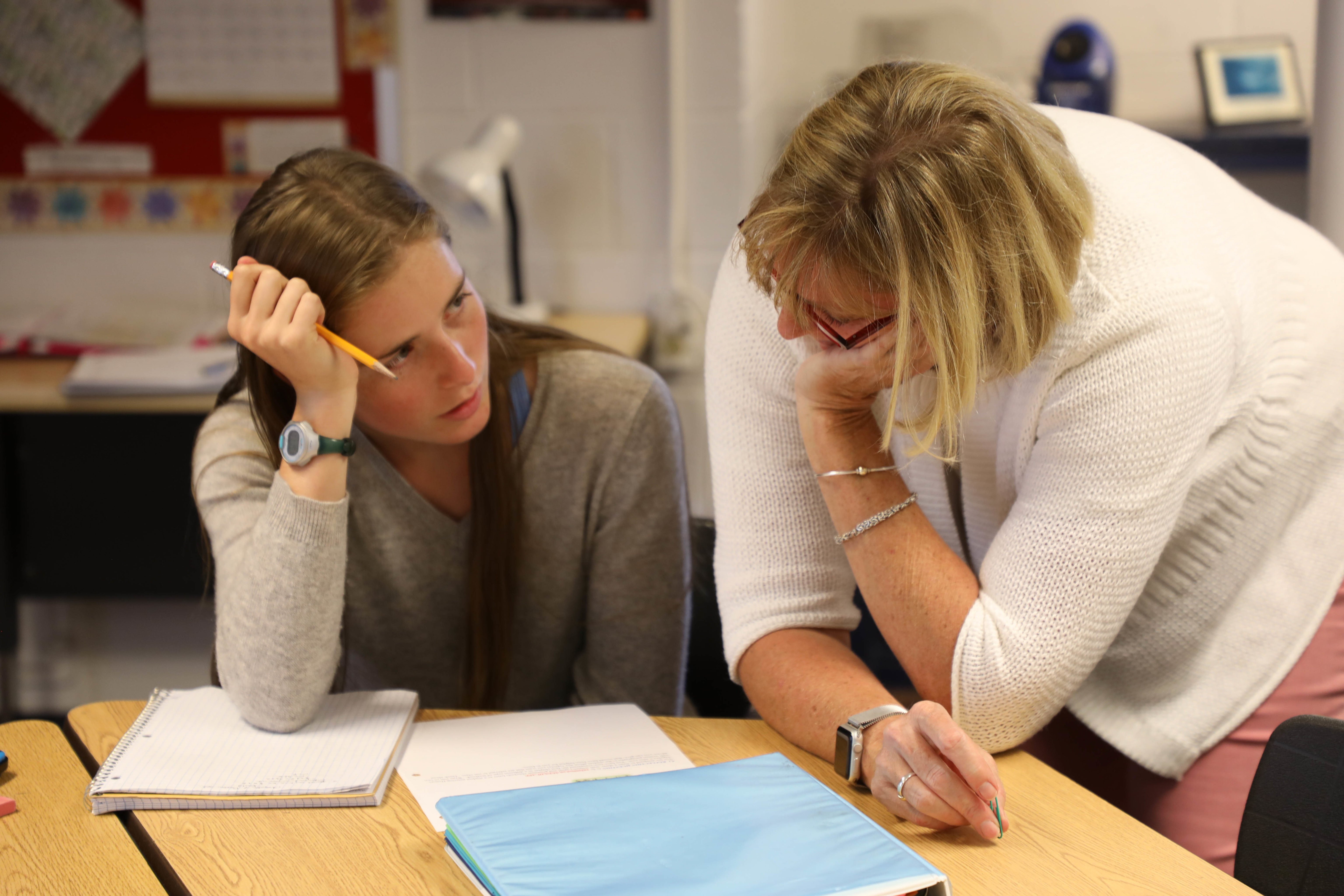
Sarah Whitehead - Math Department
I have learned that students are far more patient with technical difficulties when we teach remotely than they are in the physical classroom. It’s been nice to hear their verbal support when things take a couple of tries. I am appreciative of how the students can sometimes guide my technology struggles, but each day I am reminded how much I miss the student’s energy and can’t wait to be back in the real classroom!
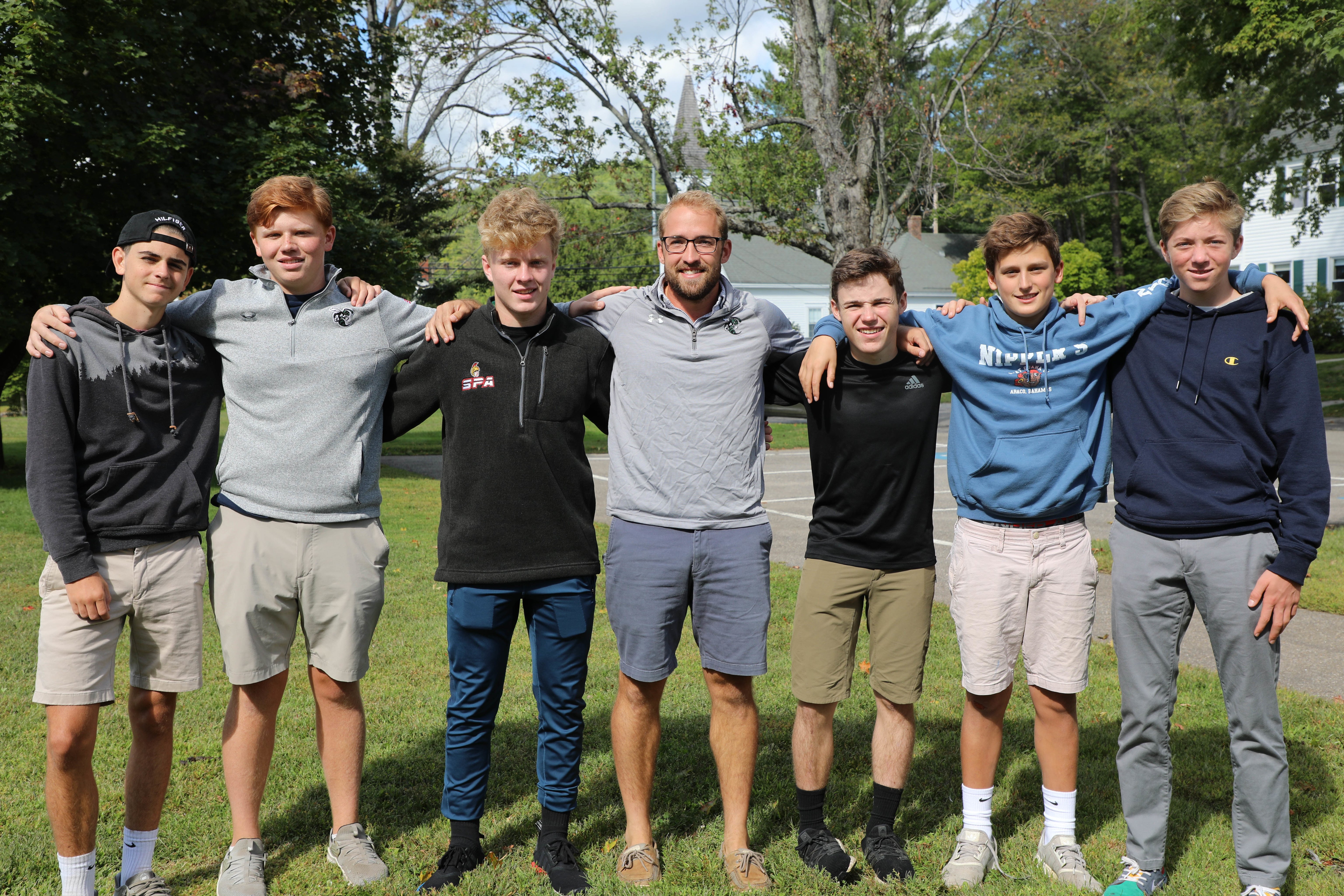
Kyle Connolly - Social Science Department
Being in the presence of someone gives you so much insight into how they are doing and what is or is not working with them. In the absence of that, I have found that I have had to be much more direct and deliberate with my communication with students. One way I have attempted to go about this is through journaling in class; I try to write back to each individual student once or twice a week so we can have digital conversations about the class, their ideas, and their curiosities.
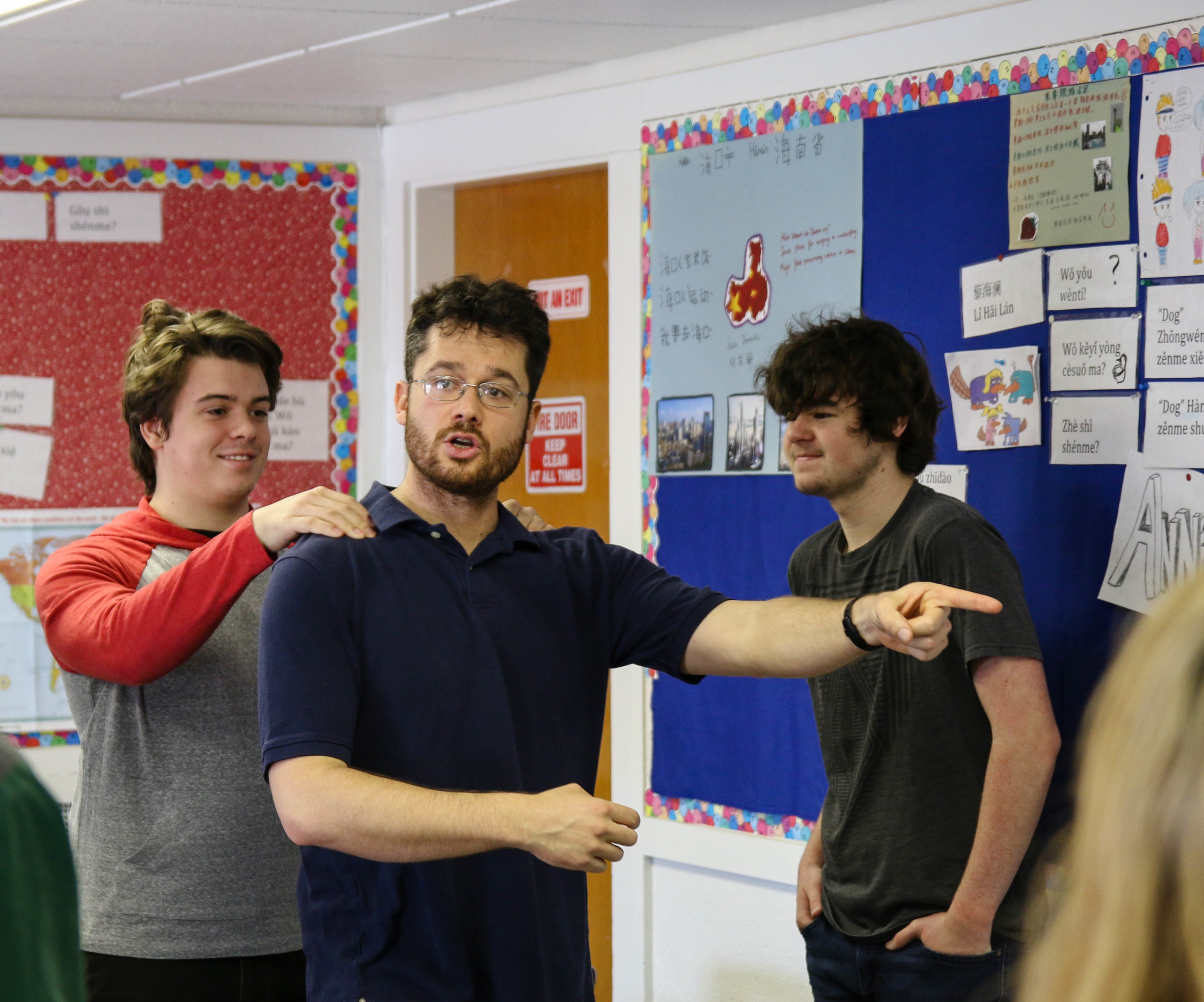
Jon Beard - World Language Department
Having a sense of humor and a lot of flexibility and patience has been crucial. Sometimes students show up late, are confused, their internet connections are unstable, and their voices or images get all broken up. They sound like they're trapped in some kind of digital purgatory, and it's necessary to be able to laugh rather than give in to the internal terror I am experiencing. It has been helpful for me to just take classes one simple step at a time, and to really slow down my speaking and transitions to show the students that I'm not in a rush and that I care more about supporting them during class than getting through a rigid agenda.
I'm also learning to spend more time making the instructions for both in-class activities (in groups as well as individually) and homework assignments more clear and succinct while still providing enough details to support the students. When teaching on campus, I always try to make my expectations clear, but in person it is much easier for me to turn to a confused student and clarify instructions using the whiteboard, body language, an example of another student's work. Online, I've realized it is even more important to make expectations crystal clear at the onset of any activity so that students can spend more time focusing on language skill development, and so that I do not get inundated with too many questions in chat windows or via email while trying to check in on various small groups and individuals online. Obviously, I'm available to support students throughout class no matter what, and they know this, but the less I need to help students understand instructions, the more I can focus on helping students interact in another language. Spending more time making a daily plan easy to understand makes a big difference for the students while they are making this transition.

Adam Jones - Technology Department
Moving to a distributed learning environment meant having to rethink how my classes were designed, from the ground up. I learned that I needed to start over -- and not try and simply translate (or carry over) what I was doing in the classroom pre-COVID-19. I needed to let go of that class and reexamine my assumptions about what was important, possible and effective. And that is a thrilling project because starting at square one means that I was going to have to listen, respond and iterate at a faster pace than usual because many of the variables had shifted -- and would continue to do so. Teaching is an art form -- it is a dance -- and therefore, I needed to be flexible, adaptable and be ready to start over again and again.








